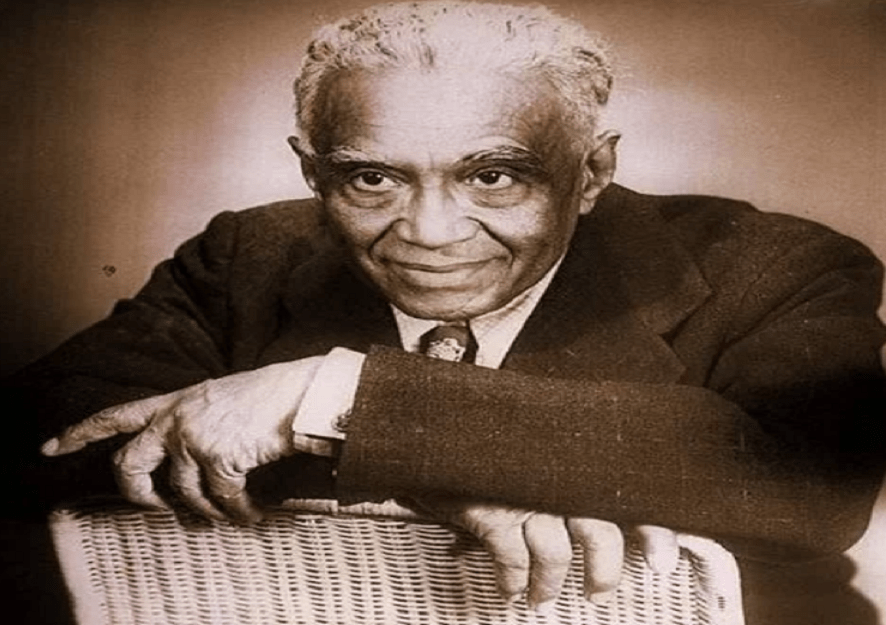Some don’t find their life’s purpose until they die. Others find it late but for Laurence Clifton Jones, he found it early on in life.
Upon graduating from the University of Iowa in 1908, Jones had an offer from the Tuskegee Institute in Alabama founded by Booker T. Washington. The Institute helped scientist George Washington Carver unleash his brilliant mind on the world.
But for Jones, his calling was elsewhere. First, he served at Utica Institute, a small institute for African-American children but when he heard about Rankin County, Mississippi where 80 percent of the people were illiterate, Jones moved.

Jones immediately knew his life’s work was to bring enlightenment to his people in that county. He headed for Piney Woods, Mississippi with only $1.65 in his pockets, a few textbooks, and a belief in the supreme divine.
He founded the Piney Woods Country Life School on land donated by a freed slave and with three students under the open sky, using a pine stump as his desk, the school began operation.
The man, born in 1884, hailed from educators and it’s therefore not surprising that he educated the children of poor, black farmers and former slaves who did not have the means necessary to send their sons and daughters to school.
In return, he received goods from his students’ farms as tuition fees, making sure not to turn away any student seeking education at the sheep shed they moved in.

The professor combined teaching his students life skills to eke a living while also introducing them to academic subjects.
You would think that a mob set on lynching him would dampen his spirit but good old Jones would not have any of that.
In 1918, when the mob came to finish him off for reasons unclear, he successfully made the case that he needed to be alive to educate the Negro children in his care. So passionate was he that the white mob ended up collecting money to donate to the Piney Woods School.

In Dale Carnegie’s book “How to Stop Worrying and Start Living,” he recounted the story of Jones and the angry mob that he swayed in his favor. Jones told Dale, “no man can force me to stoop low enough to hate him.”
And if a white mob responsible for the deaths of thousands of Blacks could not derail his quest to impart knowledge to those in his care, tornadoes and financial difficulties didn’t stop him either.
He raised funds for the school by traveling across the country and sharing his vision with others as well as using the Piney Woods music groups he formed. The groups toured the country and earned money for the school.
Jones also allowed the Piney Woods School to be used to host blind African-American children who needed a center. In 1929, together with Martha Louise Foxx, they opened The Mississippi Blind School for Negroes at the Piney Woods School.
The school attracted visitors, including Helen Keller who, after her visit, convinced the Mississippi legislature to give The Mississippi Blind School for Negroes their own campus in Jackson.
After appearing on the television show “This Is Your Life,” in 1954, Laurence’s story moved viewers to donate more than $800,000 to the school. The donation became an endowment fund that Laurence continued to add to for years to come.
In July of 1975, Laurence passed away at the age of 92 in Mississippi, having dedicated his adult life supporting the educational advancement of rural African-American students in the segregated South. The endowment fund was reported to be at $7,000,000 when he died.
He was married to Grace M. Allen, who also opened the Industrial School for African-American students in Burlington, Iowa.
In 2007, the U.S. Congress dedicated the Laurence C. and Grace M. Jones Post Office Building in Piney Woods, Mississippi in honor of the couples’ legacy in the community.










